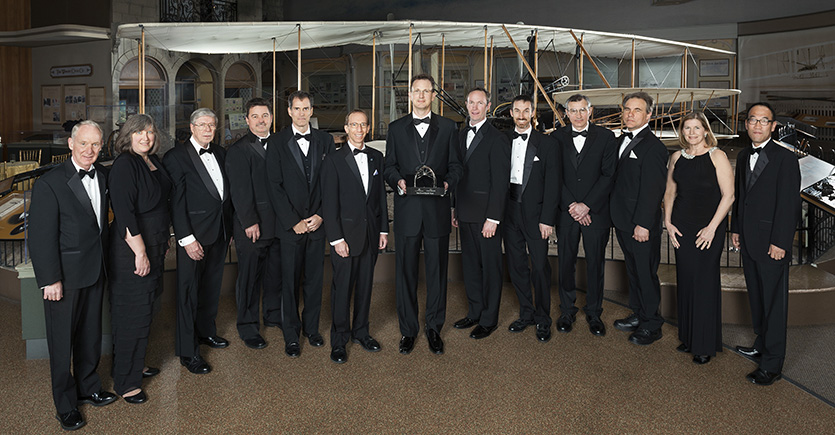
Carol Raymond
Scientist - Dawn
Carol Raymond is the principal investigator of the Europa Clipper ICEMAG instrument team. She also is deputy principal investigator for the Dawn mission to study the dwarf planet Ceres and asteroid Vesta.
In my early career work as a marine geophysicist, I studied the Earth's magnetic field as recorded in the volcanic rocks on the ocean floor and motions of the Earth's tectonic plates. After studying all of the aspects of the Earth's magnetic field, the tremendous discovery of the magnetized crust on Mars was revealed. That opened up a whole new area of research for me. I began looking at the differences between magnetic field generation on the Earth and on other planetary bodies, and what it reveals about how they developed. It was then not a large leap to decide to look at the evolution of other planetary bodies, including asteroids.
The field of planetary science has experienced a rapid growth since I first became interested in it. Planetary science is moving from an era of reconnaissance missions, in which we visited all of the planets of the solar system except for dwarf planet Pluto, to one where we're planning highly detailed observations and investigations.
So, we are on the verge of an explosion of knowledge of what makes up the other bodies of our solar system -- how they evolve and how the whole solar system has evolved over its more than four billion years of evolution.
Working on the Dawn mission is very exciting because it presents a lot of challenges, and of course along with great challenges come great rewards. Some of the things that really interest and excite me are making the mission happen. It is so wonderful to take something that you conceptualize and then start to go through the process of turning it into a reality. Every step along the way there are decisions to be made. A lot of work has to be done to get all of the details taken care of. There is a tremendous sense of accomplishment when you actually work through each step of the mission and see the final product take shape.
I believe that the Dawn mission is going to teach us a lot about how the inner solar system -- the terrestrial planets -- evolved differently than the gas giants in the outer solar system. Jupiter and Saturn have very low densities; they are gas planets. The inner solar system consists of rocky bodies. In the transition between those two major types of bodies in the solar system lies the main asteroid belt. Within the main asteroid belt, we have identified two of the largest objects, Vesta and Ceres, where we have the same sort of fundamental differences. Vesta, being a higher density, more rocky body, and Ceres looking like a much lower density body that has a lot of water in it. So, we are looking at this fundamental boundary within our own solar system -- how the material changed and evolved at the very start of our solar system. We believe that we are going to learn something fundamental about the beginning of the solar system by comparing and contrasting these two bodies.
Start with the basics. Math is very important, but there are a lot of other skills that one can and should have to be successful. Begin with a curious mind, very strong communication and writing skills and the ability to be objective.
Then, after getting a good education, don't be afraid to follow your own idea from its conception to reality. Science is one field where you can really make unique contributions, where you can really have your own path through life. It is a wonderful feeling to be able to conceive an experiment, carry it out and feel that sense of accomplishment when it's done. The incredibly tremendous teamwork that goes on in carrying out a complex science experiment, or a mission, is another aspect where you really make life-long experiences and achievements.
So, my advice would be that if you want some adventure, if you want to work hard, if you want to do work with teams, if you want to see an idea from conception through its ultimate goal—science is a wonderful field to work in. It is highly rewarding.
Planetary science is a global profession.

